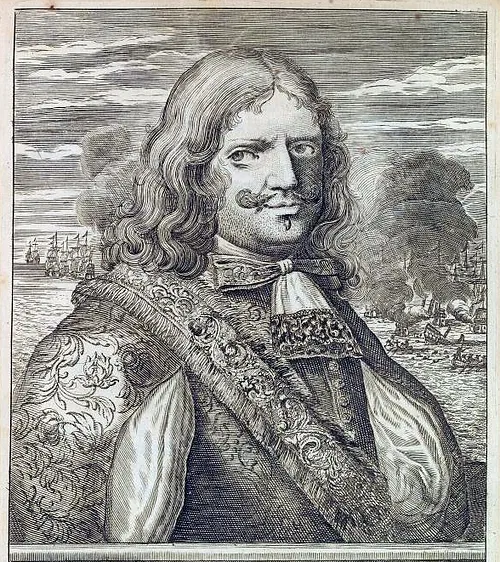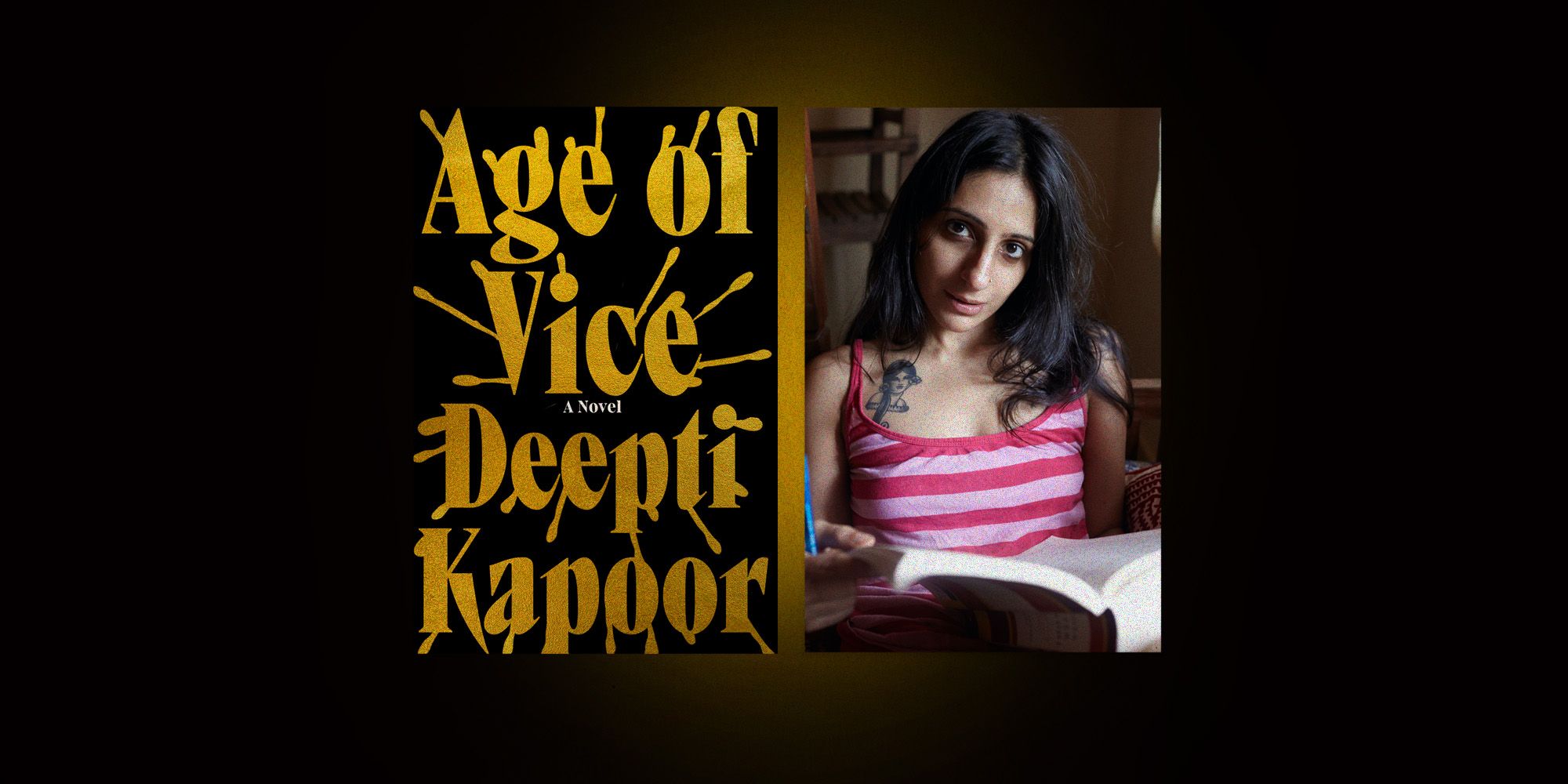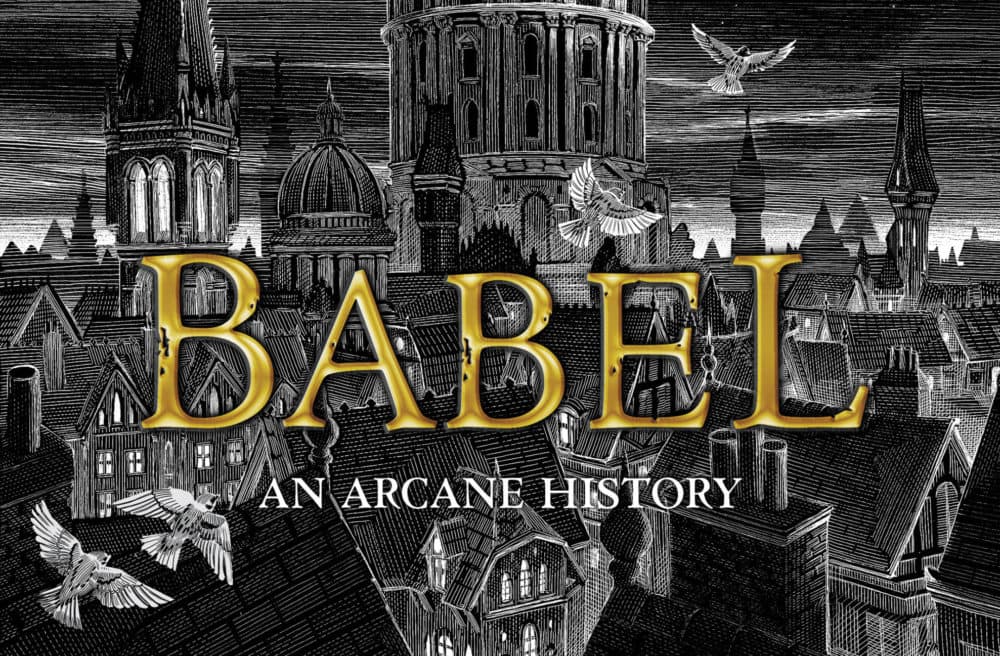. . . . The books I've read or tried to read, or listened to, or read aloud in the last 2 1/2 months begins with The Richest Man Who Ever Lived: The Life and Times of Jacob Fugger (2015) by Greg Steinmetz.
 |
| Jakob Fugger der Reiche (1459-1525) in der Kunst |
This man, born before the fateful 1492 voyage of Christof Colón, active throughout most of the 16th century, was Europe’s first millionaire, who was not a royal. Silver and land were the pillars of his wealth, made by lending to European monarchs, particularly Philip II, funding their wars and their rivalries. They almost always lost; he almost always won, gaining control of what had been their silver mines and cities, making him all that much richer. Much if not most of the hot flow of gold and silver coming into Seville via Philip II’s flotas from the New World, ended up in Fugger’s accounts as well. This is how men who worked with money could become millionaires w/o being a monarch. Fugger’s story is the birth story of capitalism, allowed by the vast rapine of the unbelievably vast rich riches of the New World, and the equally unbelievable stupid behaviors of monarchs. It is a fascinating tale, even as it is a tragic one, particularly for African and Native Americans, as both the new worlds and old were transformed by floods of gold and silver. his book filled in a big missing space in the transformation of finance that allowed for the coming European era of industrialization and the finale of the medieval eras.
The Radical Potter: Josiah Wedgewood and the Transformation of Britain (2021) by Tristram Hunt couldn't have existed without the Age of Fugger. Wedgewood well represents the changes to Europeans’ culture of the material life, the birth of mass production and industrialism, financed by what happened in the 16th Century, providing for the first time ornamental, decorative and often plainly useless, non-functional objects even to the lower middle classes as markers of status. Not only did this brilliant fellow with quite poor health beginning with childhood tuberculosis of the bone in one of his legs get the whole world desiring English -- his! -- pottery, including the French, but received accolades for the quality and beauty of his works from Chinese porcelain connoisseurs. To more easily and far less expensively to receive the quality of clay his works needed he was instrumental in his region developing the canal system -- which also allowed his products and himself to get to London much more easily, quickly and safely. The Grand Trunk Canal system cost a billion dollars to build, in today’s money. Not only pack pony breeders, owners and suppliers, objected to the project, but so did many ‘conservative’ lords and others, as being a waste of money. But if potters of luxury porcelain products weren’t important enough to get it built, the surge in coal mining in the region was. Josiah himself, who played an important role getting their route and connection to Liverpool approved and funded by the local lordships, was concerned it would put his potteries too much on the map, easy to visit (which is true), and thus catch the eyes of those who imposed taxes on large businesses. The canal would make his business grow ever larger.
Currently I'm reading The Story of Russia (2022) by Orlando Figes. A less large book than many who attempt these matters, less than half the size of Simon Montifiore's really wonderful Romanovs -- and Figes starts at the start -- long before the Mongolian incursions and conquest, and gets Putin and Ukraine in it as well at the end. It explains so much about Putin, Russia and the Ukraine war.
Before the Figes I did get to read The Lion And The Fox: Two Rival Spies and the Secret Plot to Build a Confederate Navy (2022), by Alexander Rose. This is the same author who wrote Turn: Washington's Spies, from which the AMC 4-season scripted drama was adapted. If one wonders how the rebels came up with the idea of building a navy in Liverpool -- recall that Liverpool was Britain's greatest center of the African slave trade and everything that went with it, from shipbuilding to insurance to the forging of manacles and shackles. It was no coincidence then, that Liverpool was also Britain's primary port for Southern cotton, and where the British Cotton Exchange was located. These Brits provided so much money and assistance, not to mention encouragement, to confederate James Bulloch, the honcho from Georgia.
While reading Lion and Fox, I was listening to Edmund Morris's The Rise of Theodore Roosevelt (1979) -- I've read the second and third volumes of Morris's award-winning biography, but hadn't read this one as I'd read other biographies of TR's earlier years prior to becoming POTUS). In this first volume of his biography of the (then future) POTUS, is included TR's uncle, who is one of the two central figure in The Lion and the Fox. SSo all through, as in the past, when I evaluate anything regarding Teddy, I take into account first that TR's beloved mother, Mittie Bulloch was a confederate, who would, if she could, do anything for the Rebels. As it was she did send lots of supplies and money, not only to her family on the plantation in Georgia, some of which went without doubt to her brother's efforts in Liverpool. She kept it up until public opinion forced her husband -- an ardent Northern unionist, instrumental in many ways to the Union war effort -- to stop her. Upon which, Mittie took to her room as a permanent invalid. Such an affecting scene when she was finally reunited with her brothers in Liverpool 2-3 years after Appomattox. Her indulgent, adoring husband was taking her -- and thus the family- on a European tour for the sake of his wife's 'nerves.' There, Mittie regained her nerves,and Teddy met his 'bully uncle James' for the first time. Teddy hero worshipped his uncles -- the other one was working in Paris with Slidell.
For much of January my workout book (this is when I listen to audio versions of books) which I've nearly come to the end of, is In Search of a Kingdom: Francis Drake, Elizabeth I, and the Perilous Birth of the British Empire (2021) by Laurence Bergreen. So much I never dreamed of I've been learning about the run-up to the Spanish invasion and what 'the Battle of the Armada" actually was.
By no means was it a single battle of a single day or even of a day and night and another day. It went on for weeks. Elizabeth and her Lord Burley treated the navvies who save England from the Armada's invasion like shyte, just starting with refusing to pay them, then leaving them often literally naked and penniless, to try to get home. Cynically, Burley figured the fewer of the men who survived the fewer the Queen needed to pay somewhere down the line when she might get around to it.
Prior to the Drake biography I listened to the audio version of Empire of Blue Water: Captain Morgan's Great Pirate Army, the Epic Battle for the Americas, and the Catastrophe that Ended the Outlaws' Bloody Reign (2007) by Stephan Talty.

Sir Henry Morgan (c. 1635-1688), Welsh privateer
Morgan was almost two centuries post Drake, but the Spanish were still the Catholic bane of England and fair game, most fair game, nay the game to which the Brits were entitled, if only for the sake of religion. Drake's trajectory continued almost up to the age of Bourbon Spain -- which had so many of the same problems and errors as did Phillip II's Spain when it came to a navy.
Which brings me to our current read-aloud to each other before lights out, an old one history, Bourbon Spain 1700 - 1808 (1989) by John Lynch, part of a many-volume academic series of the history of Spain, for which series Lynch is the general editor.
Among the works waiting for me are The Mongol Storm: Making and Breaking Empires in the Medieval Near East (2022) by Nicolas Morton that tells me all sorts of things I've wanted to know about the region and the period, told from the perspective of the then established medieval kingdoms in the near East, from Europe and from that of the Mongols. It's wonderful, but I haven't had time to read it yet. Also there's Inside Central Asia: A Political and Cultural History of Uzbekistan, Turkmenistan, Kazakhstan, Kyrgyzstan, Tajikistan, Turkey, and Iran (2011) by Dilip Hiro, which will help in my doomed desire before I die to get some geographic, cultural and historical sense of this vast region about which, alas I know nothing. ]
~~~~~~~~~~
I read two novels in January! Two! This after having read no fiction at all for a long time -- nothing appeals or keeps my attention.
I do admit alternate, historical sf/fnal Babel: An Arcane History (2022) by R.F. Kuang, though it enthralled me for at least 300 pp. as no sf/f novel has been able to do for in decades, didn't quite carry me all the way to the end. I skimmed the final fifth (it's a long novel). Everything about Babel, from the issues of translations, which is part and parcel of our own household, to having one of the primary four characters as young Haitian woman speaking of the issues of her native Kreyol -- which in our own history has only in the last decade been recognized as a language, and which el V has learned -- language is a primary tool, like religion, for imperialists, is My Stuff. In other words, Babel is about something that authentically matters, historically and presently. However, the novel as a novel would have been better reading if about 100 pp. had been cut out. The plotting and characterization was good, but, and I know this sounds odd -- there was too much of both. Or more accurately, the book repeated the points already made about the characters and their relationships, how hard they have to study, how overwhelming the amount of work, several times in every chapter, which wasn't necessary, and that felt rather amateurish. But Babel certainly lived up to its title, and I gave the novel enormous credit for that. In the end all the figures we meet in this alternate history sf/fnal novel, wherever they are from or go, or what they do, are as incomprehensible to each other as the Old Testament humanity are to each other with the failure of their tower planned to allow them to conquer heaven. No matter how much and deeply language was studied, whether to fuel exploitation of others as well as the planet, it dd not provide a solution to this, which brings violence always. One understands this so well, living with pre-lingual children, their outrage and frustration that no matter how they try we don't understand what their issues are (so much of the time). In the end too, no matter how well planned the resistance to the colonial metropole's power is, in the end, centuries later, we are still waiting for the day of reckoning, Likely the ends of such empires and colonialisms only arrive with full out global calamities such as what happened in the 6th century, and then the consequent Dark Age births the nascent new colonialisms and slaveries. I am the one who said that, not Kuang. She's very young, and thus barely able to raise the fortitude to face squarely in her own novel her characters' specific failure to reverse the plundering of their language, culture and worlds to which they'd been born, before being plucked for Oxford's imperial translation college of Babel. The exception to being ripped out of one's own world and thrown into another is, of course, the white English gentry-small aristocrat girl, who, extremely gifted with language deploys her gifts to have a life different from that decreed for young women of her social status and wealth.
 |
| Deepti Kapoor, author of Age of Vice |
The second novel is Age of Vice (2023) by Deepti Kapoor, a great big gangster-thriller set in Northern India, and particularly, New Delhi. It's the first novel in years I have read to the very final word in order to find out who did what and why -- I'm not quite sure even so I have it figured out. This too is a long novel, but I managed to gallop through it during four nights of reading (there's a lot of white space in a lot of sections, which helps). This novel has received enthusiastic reviews for the most part, though some have said it is 1) too long; 2) melodramatic for the sake of melodrama, and implausible -- but the pace is so fast and the text goes downs so easily one hardly notices. Lee Child is among the pros who have enthusiastically endorsed it, and so has Marlon James. I do not know if Age of Vice is published in India. The author lives in Portugal.
~~~~~~~~~~~~~~~~~~~
Now, of for mid-season Mardi Gras Postmambo-"For the Funk of It" style, and much, much, MUCH else. Hope the weather cooperates despite much rain expected, Back next month, to get ready for Spain.




